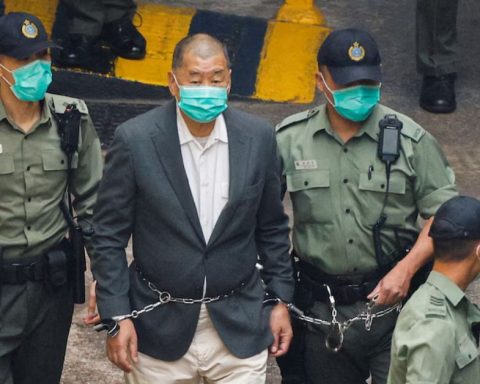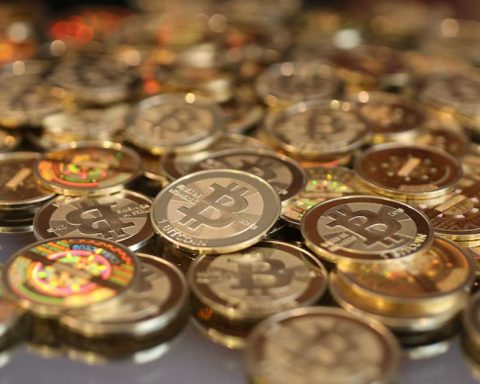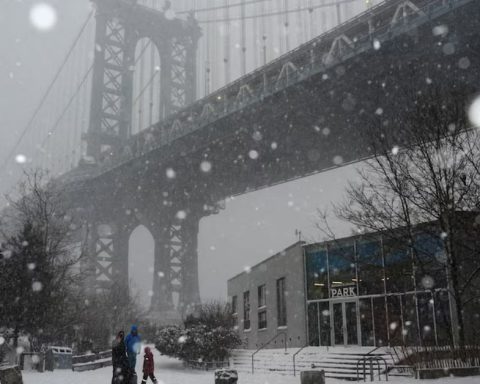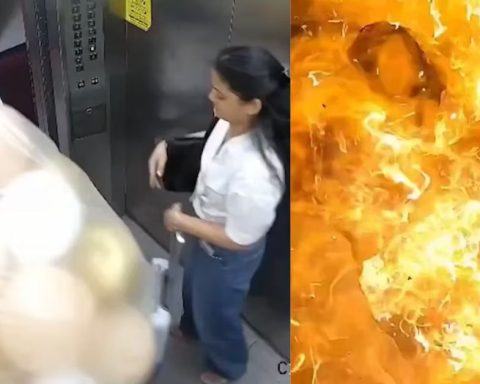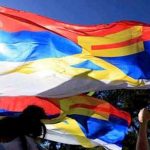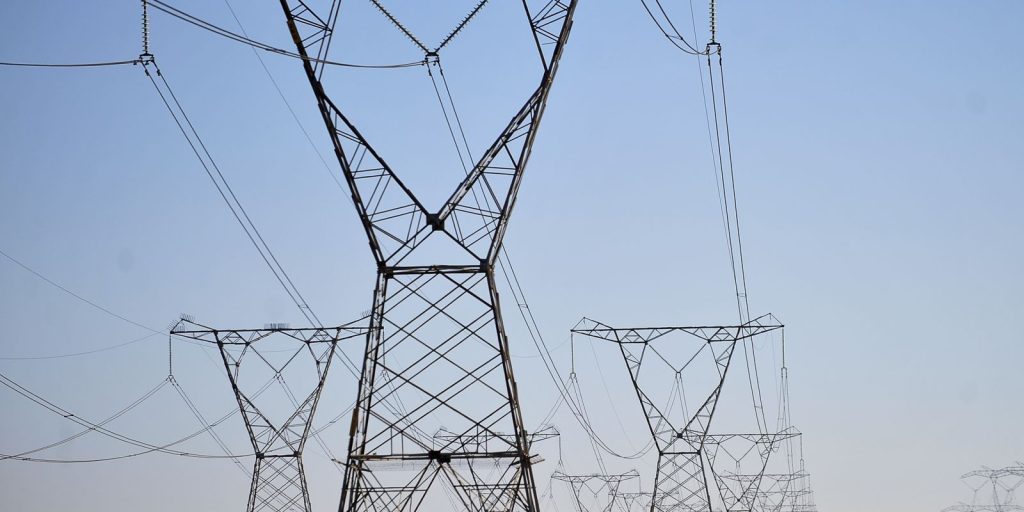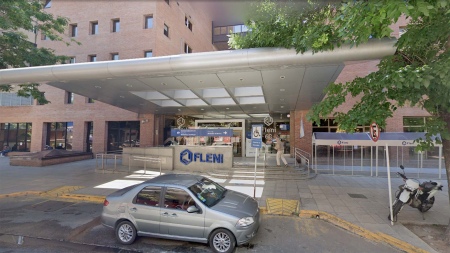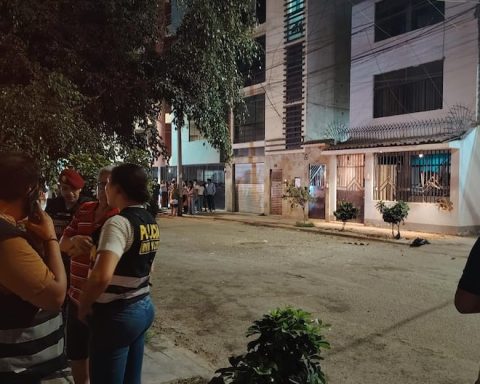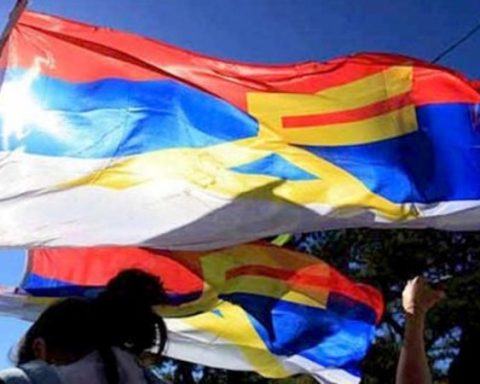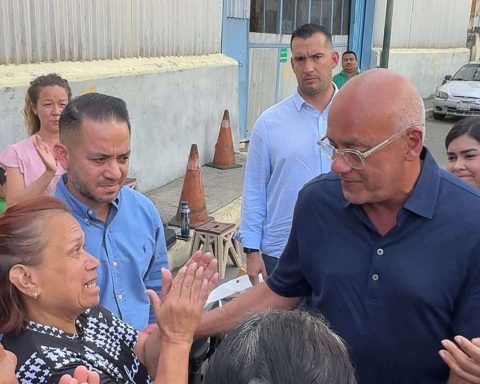October 28, 2022, 10:00 PM
October 28, 2022, 10:00 PM
Facebook alerts its users who want to share a post from the Facebook page. Bolivia TV that: “this page repeatedly shared false information. Some publications shared by Bolivia tv contained false information reviewed by independent fact-checkers or that it violated our Community Standards. Facebook works with independent fact-checkers to stop the spread of false information.”
In addition, it gives the option to return to the page or to: “share anyway”.
Juan Pablo Vásquez, specialist in consumer and professional technology, explained to EL DEBER that Facebook has tightened its policies to restrict content since 2016 and who performs permanent verification through people, companies and artificial intelligence. The critical topics of verification for that social network are health and politics.
“Bolivia TV is very political, it is normal that they are in the eye of the storm,” he says. Although the warning box refers to community regulations, Vásquez indicates that, in general, heThe most criticism has to do with racism and violence, and also with false information, although it is not known exactly what rule the state television would have violated.
The expert states that, in addition, the page probably could have had several complaints; that is, that many people would have reported it.
Vasquez explains that Facebook restricts to prevent it from going viral. “Facebook’s goal is not to censor, but to prevent it from going viral.”
So this alert appears as a sum of the type of posts considered false by Facebook, after having carried out verifications and, probably, due to the complaints received from users.
Vasquez expresses that although it is not easy, this situation can be reversed, but must meet various requirements. Just as an example, he points out that to publish political ads, Facebook asks not only for identification, but also the sending of other documents that prove that it is a real person. So to ‘clean’ the page several filters must be passed, such as showing that it is not negative, that it does no harm, etc.
Facebook prides itself on fighting “misinformation”, which it describes as: “in particular, comparable false claims that could cause deception or harm”which include videos, images, links, and text-only posts.
“When fact checkers rate content as false or altered, we drastically reduce its distribution and apply the labels stricter warning notices,” says the document referring to Meta Independent Fact Check Program.
Meta, the company that owns Facebook, Instagram and Whatsapp, classifies content not only as false or altered, but also as partially false and another category is content with a lack of context.
“Content rated as partially false includes certain inaccuracies. Consequently, we reduce the distribution of this content, but to a lesser extent than when it comes to content that is classified as false or altered. In the case of content qualified as lack of context, we will focus on getting more information by our fact-checking partners,” he explains later.
Then he makes reference to what happens in the case of the Bolivia TV page on Facebook:
“When someone tries to share a post rated by a fact checker, we show them a pop-up notice so you can decide for yourself what to readwhat to trust and what to share”.
The impact for these pages that publish information observed by Facebook, goes beyond the distribution of their content, it will affect the economic part, such as monetization and ads.
“We take action on Pages and domains that share or post content that is repeatedly rated false or altered. I know will reduce the distribution of these pages and these domains will lose their ability to monetize and advertise, and they will not be able to register as news pages on Facebook. Over time, pages and domains can regain their level of distribution and the ability to monetize and advertise if they stop sharing misinformation,” the document explains.
About data verification, Meta indicates that it follows three steps:
-To identify. “We identify the possible erroneous information, through various signals and our verification partners They can also proactively detect content on their own.”
-Check. “The fact-checkers review stories and rate them for accuracy through original reporting, including interviews with leading sources, public data queries, and analysis of media files such as photos and videos.
-Act. “Once the fact-checking partner rates the content, we show users verification articles of data on our platforms and put labels on top of fake news. In this way, we make sure that fewer people see that misinformation.”
